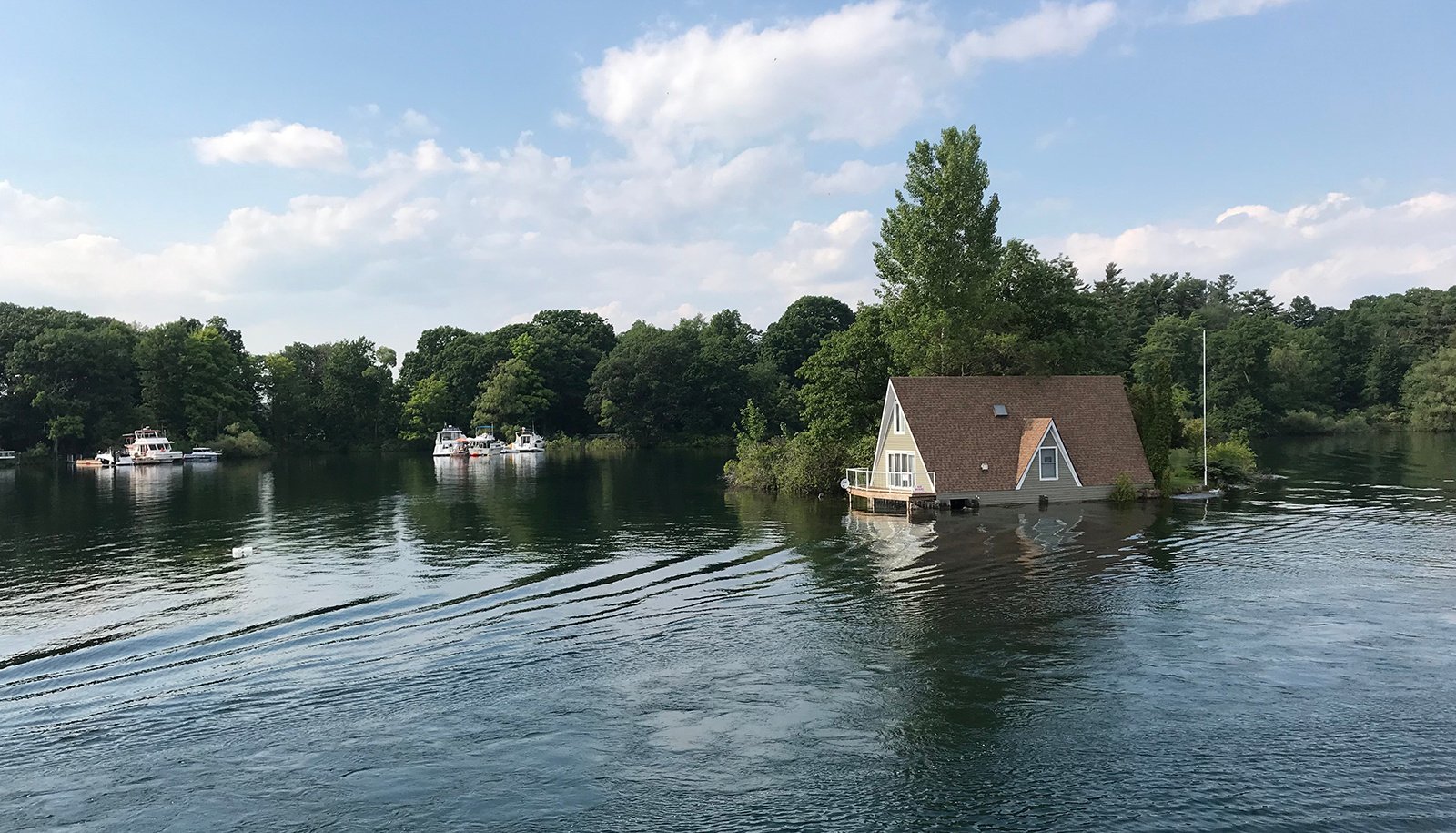The U.S. Senate Committee on Banking, Housing, and Urban Affairs recently held a crucial hearing focused on the reauthorization of the National Flood Insurance Program (NFIP). This program, vital for millions of Americans living in flood-prone areas, has bipartisan backing. However, concerns about affordability and reform are at the forefront of discussions.
BACKGROUND OF NFIP
The National Flood Insurance Program was established to reduce the impact of flooding on private and public structures. It does so by providing affordable insurance to property owners and encouraging communities to adopt and enforce floodplain management regulations.
The NFIP functions through a multifaceted approach that includes insurance, floodplain management, mapping, and mitigation practices. This comprehensive strategy aims to protect homes, businesses, and entire communities from the devastating effects of floods.
KEY POINTS FROM THE SENATE HEARING
During the recent Senate hearing, Committee Chairman Sherrod Brown (D-Ohio) emphasized that insurance is just one aspect of the NFIP’s broader flood abatement strategy. He highlighted the program's complexity, noting its multiple goals and significant implications for homeowners and communities. Brown remains optimistic that a collaborative effort can lead to the NFIP's reauthorization and improvement.
On the other hand, Ranking Member Tim Scott (R-S.C.) called for "comprehensive reform," stressing the need to prioritize local perspectives, especially from the most affected areas, over those of Washington bureaucrats. Scott criticized the current state of the NFIP, pointing out its financial insolvency with over $20 billion in debt and its reliance on outdated flood maps. He argued that these issues obscure the true risks faced by communities rather than educating them.
Issues of Affordability
A critical topic during the hearing was the affordability of NFIP premiums. Senators John Kennedy (R-La.) and Robert Menendez (D-N.J.) expressed significant concerns regarding the cost burden on policyholders. FEMA's recent changes to its rating methodology have led to higher premiums in various regions, driving some families out of the program. For instance, in Patterson, N.J., where the median household income is $50,000 a year, premiums could rise from an average of $1,500 annually to $4,000.
FEMA's 2021 estimates indicated that while 23% of families might see a decrease in their premiums upon renewal, 66% would face increases between $0-$10 per month on average, and 11% would pay more than $10 extra per month. These increases threaten to make flood insurance unaffordable for many, potentially leading to a significant drop in policyholders.
Challenges & Legislative Track Record
Since September 2017, the NFIP has been reauthorized 28 times without dedicated legislation, reflecting the ongoing struggle to pass comprehensive reform. The frequent short-term extensions highlight the program's instability and the critical necessity for long-term solutions.
Future Prospects & Implications
If comprehensive reform isn’t achieved, the consequences could be severe. The NFIP's sustainability hinges on addressing affordability and effective flood management. Lawmakers must work together to ensure that the program can continue to provide necessary protection to millions of Americans while remaining financially viable.
WHAT HOMEOWNERS CAN DO TO HELP WITH THE RISING COST OF FLOOD INSURANCE
While legislative reforms to the National Flood Insurance Program are deliberated, homeowners can take proactive steps to mitigate the rising costs of flood insurance. Here are several strategies that can help:
1. Evaluate & Implement Flood Mitigation Measures
- Elevate Your Property: Raising your home above the base flood elevation (BFE) can significantly reduce flood risk and potentially lower insurance premiums.
- Install Flood Vents: These allow water to flow through the foundation, decreasing the risk of structural damage and often leading to premium reductions.
- Use Flood-Resistant Materials: When renovating or repairing, opt for materials that can withstand water damage, which can help in reducing repair costs and insurance rates.
2. Explore Policy Options & Discounts
- Shop Around: Compare policies from different insurers to ensure you’re getting the best rate available. Some private insurers might offer competitive rates compared to NFIP policies.
- Bundle Insurance: Look into bundling flood insurance with other insurance policies (e.g., homeowners, auto) to take advantage of potential discounts.
- Higher Deductibles: Opting for a higher deductible can lower your premium. However, ensure that you have sufficient savings to cover the deductible in case of a flood event.
3. Stay Informed & Advocate For Change
- Stay Updated: Keep abreast of any changes in flood risk assessments, mapping, and insurance legislation. Being informed can help you anticipate and adapt to changes in insurance premiums.
- Advocate for Reform: Join or support advocacy groups that advocate for fair and affordable flood insurance reform. Collective voices can significantly impact legislative outcomes.
4. Maintain & Protect Your Property
- Regular Maintenance: Conduct regular maintenance of your property to ensure it remains resilient against flooding. This includes clearing gutters, maintaining sump pumps, and sealing cracks in foundations.
- Secure Valuables: Elevate or move valuable items to higher floors to minimize potential losses in case of flooding, which can also be beneficial during insurance claim assessments.
The reauthorization of the National Flood Insurance Program is essential to protect homeowners and communities from the devastating impacts of floods. While there is clear bipartisan support for NFIP, significant challenges remain, particularly concerning affordability and the need for comprehensive reform. Continued collaboration and legislative action are crucial to securing this vital program's future.
If you need help finding the best homeowners insurance coverage for the best price, speak to a SimplyIOA agent at 833.872.4467 or get a homeowners insurance quote online now.










